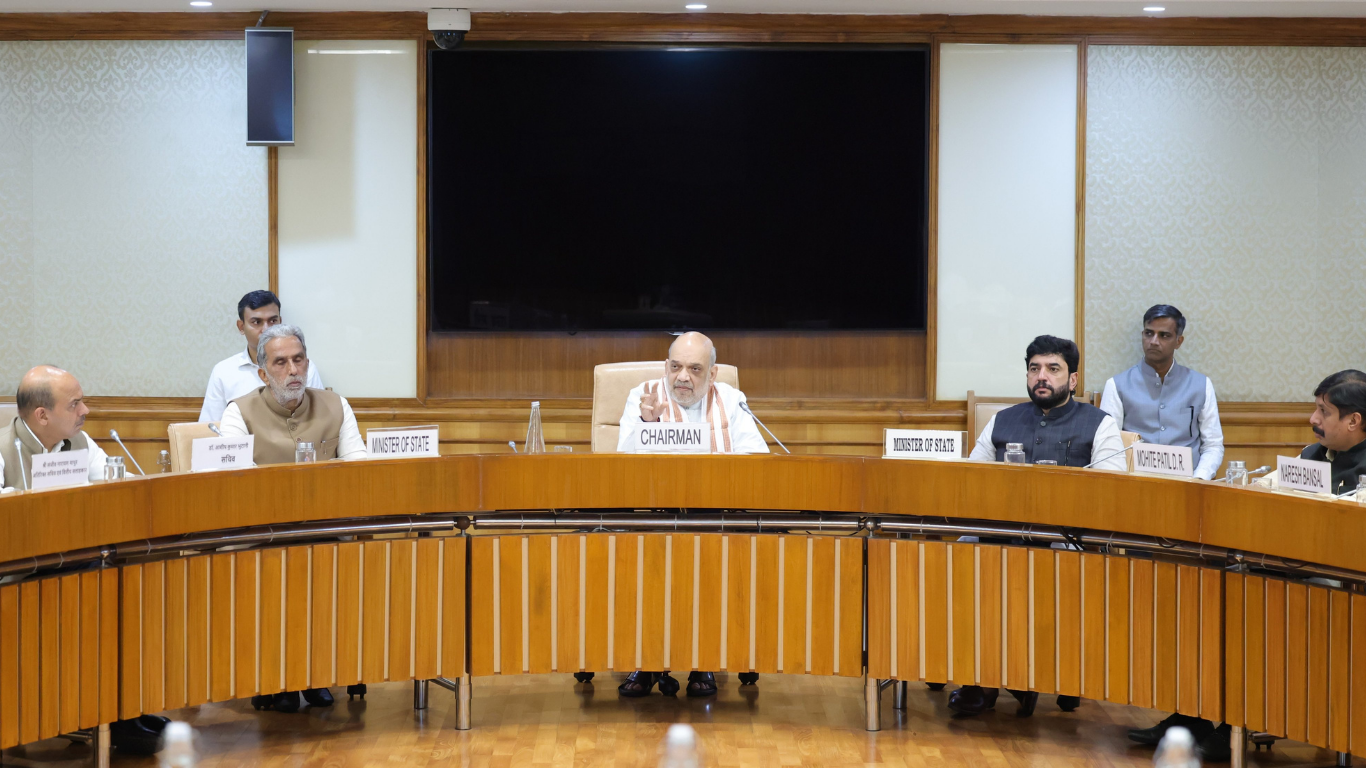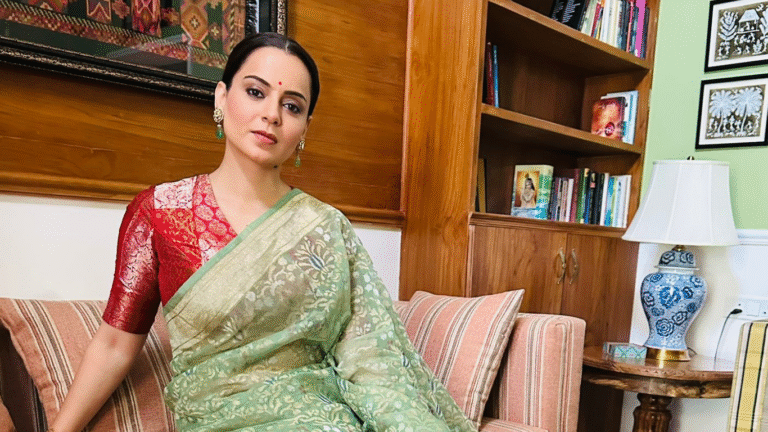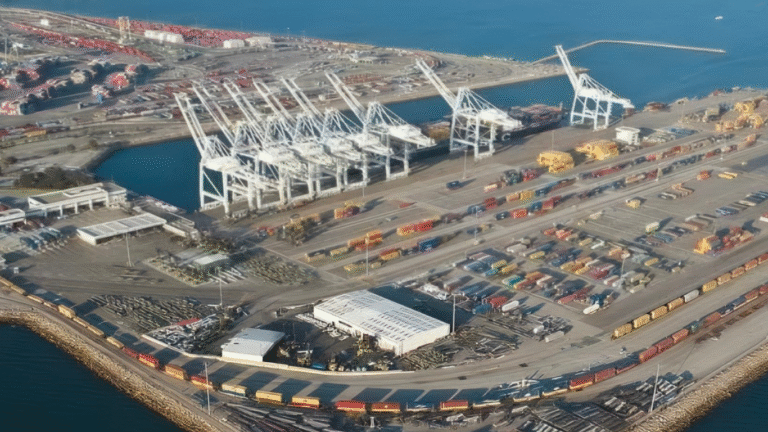
New Delhi, India – On August 5, 2025, Amit Shah made history as India’s longest-serving Union Home Minister, clocking 2,258 days in office and surpassing BJP veteran L.K. Advani’s record of 2,256 days. The milestone, reached on the sixth anniversary of the scrapping of Article 370, was celebrated by Prime Minister Narendra Modi at an NDA meeting, where he praised Shah’s bold decisions and unwavering commitment to national security. Shah’s tenure, starting May 30, 2019, has been a whirlwind of transformative changes, earning him both applause and criticism.
Shah, often called Modi’s right-hand man, has reshaped India’s internal security landscape. His biggest achievement? Scrapping Article 370 in 2019, which ended Jammu and Kashmir’s special status and split the state into two Union Territories: Jammu and Kashmir, with a legislature, and Ladakh, without one. The move, passed with 125 votes in the Rajya Sabha and 370 in the Lok Sabha, brought the region under India’s full constitutional fold. Stone-pelting incidents in Kashmir have nearly vanished, and grassroots democracy has returned through peaceful panchayat elections. Shah’s zero-tolerance stance on terrorism has also slashed incidents to rare, sporadic events.
The Citizenship Amendment Act (CAA) of 2019, another landmark, grants Indian citizenship to persecuted minorities—Hindus, Sikhs, Buddhists, Jains, Christians, and Parsis—from Pakistan, Bangladesh, and Afghanistan. Shah piloted this controversial law, which sparked nationwide debates but aligned with the BJP’s vision of protecting religious minorities. He also replaced colonial-era criminal laws with the Bharatiya Nyaya Sanhita, Bharatiya Nagarik Suraksha Sanhita, and Bharatiya Sakshya Adhiniyam in 2023, modernizing India’s justice system. These laws, effective from July 2024, aim to make justice faster and more accessible.
Shah’s crackdown on Naxalism has been relentless. He’s set a March 2026 deadline to wipe out the Maoist menace, freeing large areas from their grip. In the Northeast, he’s signed 12 peace accords, leading to over 10,000 militants surrendering. Agreements like the Bru-Reang Pact and resolutions to Assam-Meghalaya border disputes have restored calm. Shah also banned the Jammu and Kashmir-based Hurriyat Conference, jailing its leaders for alleged terror links, and launched a massive anti-narcotics drive, seizing drugs worth Rs 11,961 crore.
His disaster management blueprint, aligned with Modi’s ten-point agenda, has strengthened India’s response to crises. Shah’s push for Hindi as a unifying language in 2019 stirred debate, but he framed it as a tool for national unity. As India’s first Cooperation Minister since 2021, he’s digitized 63,000 Primary Agricultural Credit Societies and doubled cooperative banks’ housing loan limits, boosting rural economies.
Critics, though, point to controversies. The CAA and Article 370 moves sparked protests, and some, like Congress, accuse Shah of divisiveness. His 2010 arrest in a fake encounter case, later dismissed as “politically motivated,” remains a sore point for opponents. Yet, Shah’s supporters call him a modern-day Chanakya, crediting his strategic brilliance for BJP’s electoral wins, including 303 seats in 2019. From a Gujarat MLA to a national powerhouse, Shah’s journey reflects grit and loyalty to Modi’s vision. As he continues, UP’s 2027 elections will test his political might.



